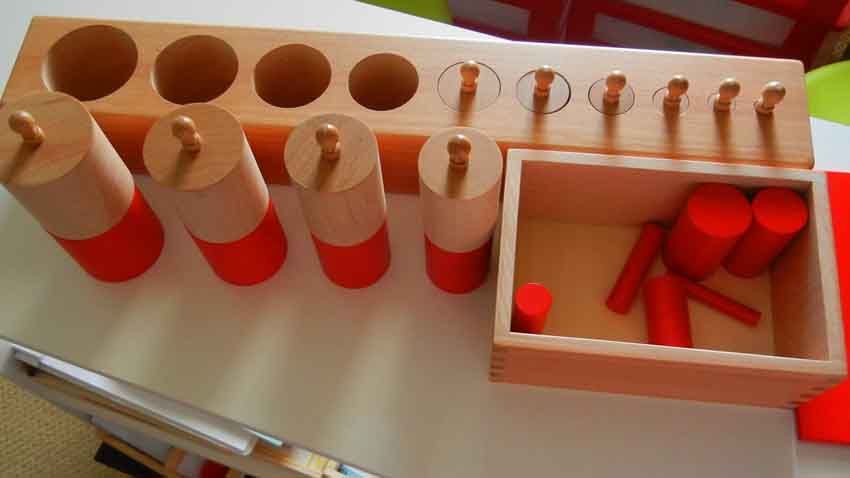Montessori education is a unique and innovative approach to learning that focuses on individual development and independence
The Montessori Philosophy
The Montessori philosophy revolves around the belief that children have an innate desire to learn and explore their environment. It emphasizes respect for the child’s natural development and nurtures their natural curiosity. Montessori classrooms are specially designed to provide a prepared environment where children can learn at their own pace and according to their own interests.
A Child-Centered Approach
Montessori education is a child-centered approach to learning. It recognizes that each child is a unique individual with their own strengths, interests, and learning style. The Montessori method emphasizes personalized learning, allowing children to choose activities that interest them and work at their own pace. This individualized approach fosters a love for learning and encourages children to take ownership of their education.
Practical Life Skills
One distinctive aspect of Montessori education is its focus on practical life skills. Children are taught essential life skills that they can apply in their daily lives, such as dressing themselves, pouring water, and preparing snacks. These skills not only promote independence but also help children develop concentration, coordination, and fine motor skills.
Sensorial Development
Another key component of Montessori education is sensorial development. Children are provided with a wide variety of sensorial materials that allow them to explore and develop their senses. Through activities such as matching colors, grading objects by size, and identifying different textures, children enhance their sensory perception and gain a deeper understanding of the world around them.
Hands-On Learning
Montessori classrooms place a strong emphasis on hands-on learning. Instead of relying solely on textbooks and chalkboards, children are encouraged to engage in hands-on activities and experiments. They learn by doing, which not only makes the learning process more enjoyable but also helps them develop problem-solving and critical thinking skills.
Collaborative Learning
While Montessori education promotes personalized learning, it also values collaborative learning. In a Montessori classroom, children work in mixed-age groups, allowing them to learn from and with their peers. Older children act as role models and mentors for younger children, fostering a sense of community and cooperation.
The Role of the Montessori Teacher
In the Montessori method, the role of the teacher is that of a guide or facilitator rather than an instructor. Teachers observe and assess each child’s progress and provide individualized guidance and support. They create an environment that promotes independent learning and encourage children to take responsibility for their own education.
Preparing for Lifelong Learning
Montessori education is not just about academics; it is about preparing children for lifelong learning. By fostering a love for learning, developing critical thinking skills, promoting independence, and nurturing creativity, Montessori education equips children with the tools they need to become lifelong learners. It instills in them a natural curiosity and a thirst for knowledge that will serve them well in their future educational endeavors and throughout their lives.
Montessori education is a powerful foundation for lifelong learning. It recognizes the unique qualities of each child and provides a personalized and hands-on learning experience. The Montessori philosophy builds independence, practical life skills, and sensorial development, fostering a love for learning that lasts a lifetime. With its child-centered approach and emphasis on collaborative learning, Montessori education sets children on a path of curiosity, discovery, and continuous growth.
Nidhin
For More Details Call: +917510220582

